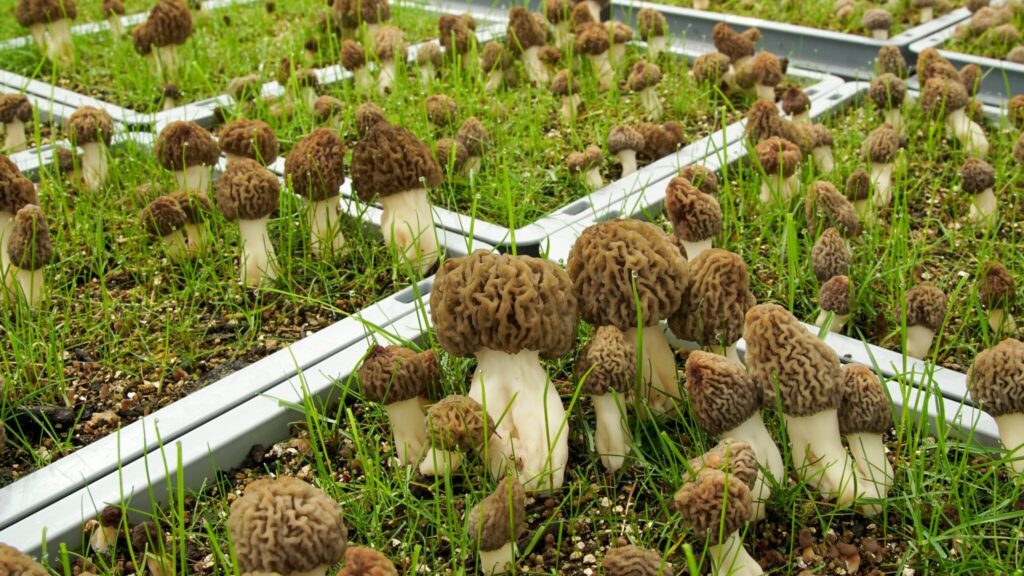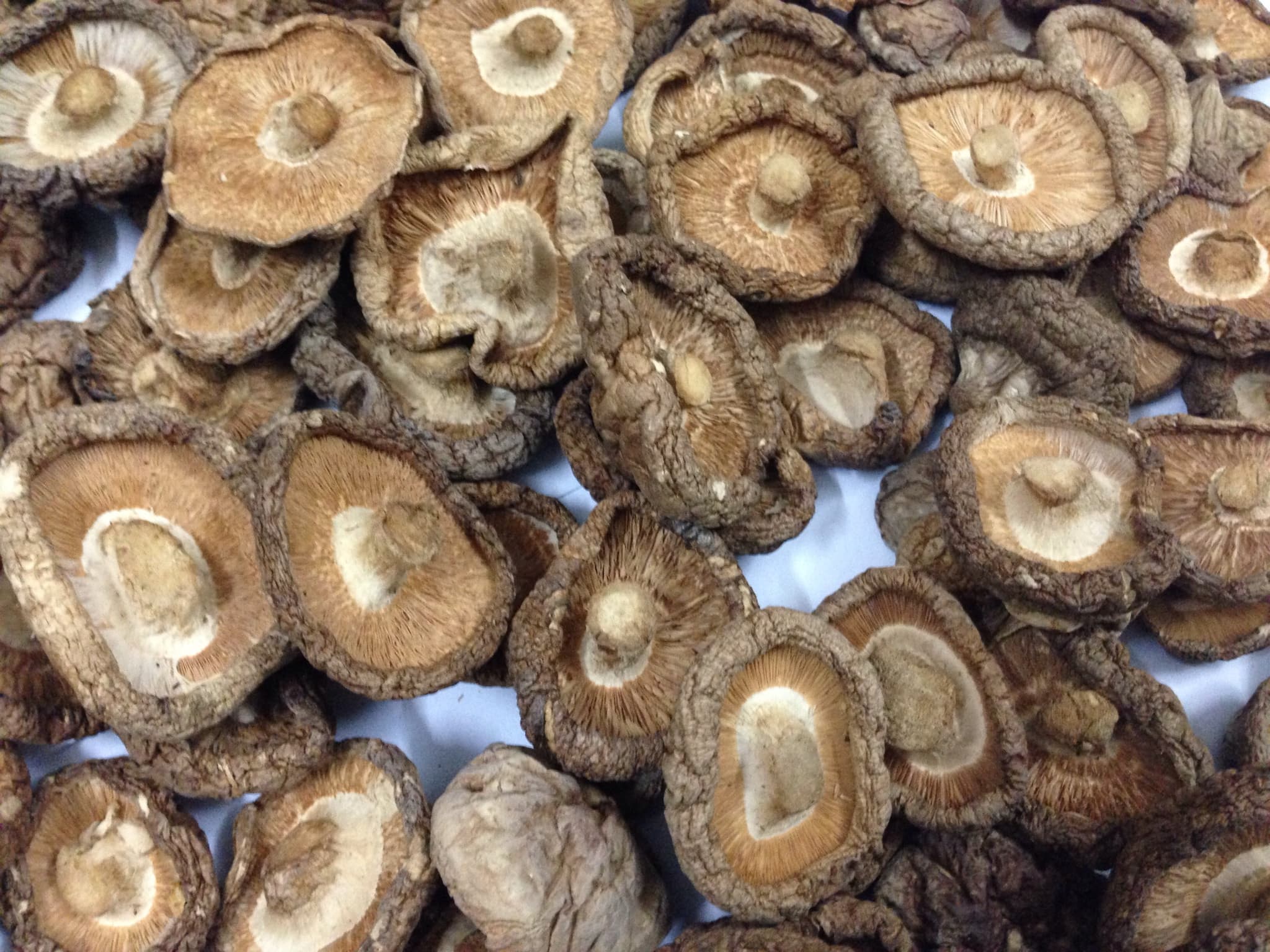Psilocybin, the active compound in psychedelic mushrooms, has garnered significant attention in recent years. From its traditional use in spiritual rituals to its newfound role in modern medicine, psilocybin is a topic of intense debate. However, amidst the enthusiasm, a darker side often goes unnoticed. In this article, we delve deep into the myths, facts, and lesser-known aspects of psilocybin—with a spotlight on its potential risks and ethical concerns. Additionally, we’ll explore how commercial trends like Shroom White Label, Shroom Online platforms, and Shroom Wholesale markets are shaping the industry.
The Rise of Psilocybin in Modern Culture
The resurgence of psilocybin began in the early 2000s when researchers started uncovering its therapeutic potential. Studies suggest that psilocybin can help treat conditions like depression, anxiety, PTSD, and addiction. According to a 2021 study published in Nature Medicine, psilocybin-assisted therapy significantly reduced depressive symptoms in 71% of participants. This promising data has propelled psilocybin into mainstream conversations, leading to legalization efforts in states like Oregon and Colorado.
However, the rapid commercialization of psilocybin has raised questions about its accessibility and ethics. Shroom White Label products, which allow businesses to rebrand and sell pre-manufactured psilocybin items, are flooding the market. While this model boosts availability, it also raises concerns about quality control and misuse.
Myths Surrounding Psilocybin
- Myth: Psilocybin is Completely Safe
One of the most pervasive myths is that psilocybin is entirely harmless. While it’s true that psilocybin is non-addictive and has a low toxicity level, it can trigger adverse psychological effects. A 2017 study in Psychopharmacology found that 39% of users reported experiencing anxiety or paranoia during their trips. These effects can be exacerbated in uncontrolled settings or among individuals with underlying mental health issues. - Myth: All Shrooms Are the Same
Another misconception is that all psilocybin mushrooms are identical in potency and effects. In reality, over 200 species of psychedelic mushrooms exist, each varying in psilocybin concentration. This variability underscores the importance of proper dosing, especially when purchasing from Shroom Online platforms, where labeling inconsistencies can occur. - Myth: Psilocybin Provides Instant Enlightenment
Pop culture often romanticizes psilocybin as a shortcut to spiritual awakening. While many users report profound experiences, not all encounters are positive or meaningful. The setting, mindset, and dosage play crucial roles in shaping the journey, making it far from a guaranteed path to enlightenment.
Facts About Psilocybin
It Alters Brain Connectivity
Scientific studies reveal that psilocybin temporarily alters brain connectivity, leading to heightened emotional processing and creative thinking. Research published in PNAS (Proceedings of the National Academy of Sciences) shows that psilocybin reduces activity in the default mode network (DMN), a brain region associated with self-referential thoughts. This disruption allows individuals to break free from rigid thought patterns, which may explain its efficacy in treating depression.
Legalization Is a Double-Edged Sword
While legalization paves the way for medical research and safe consumption, it also opens the door to exploitation. The burgeoning Shroom Wholesale market exemplifies this dichotomy. On one hand, wholesale distribution makes psilocybin products more accessible; on the other, it risks prioritizing profit over patient safety. Regulatory oversight is crucial to ensure that quality standards are met across the supply chain.
It’s Not a Cure-All
Despite its therapeutic promise, psilocybin is not a panacea. Studies indicate that its effects are context-dependent, requiring professional guidance for optimal outcomes. Self-medication or recreational use can lead to unpredictable results, highlighting the need for caution.
The Dark Side of Psilocybin
Psychological Risks
While psilocybin is generally safe, its psychological risks are often understated. High doses can induce distressing hallucinations, emotional dysregulation, and even psychotic episodes. Individuals with a family history of schizophrenia or bipolar disorder are particularly vulnerable. A meta-analysis in Journal of Psychopharmacology found that 12% of users reported lingering psychological discomfort weeks after their trip.
Ethical Concerns in the Industry
The commercialization of psilocybin raises ethical dilemmas. Shroom White Label products, for example, are designed for rapid market entry, often at the expense of rigorous testing. This model can lead to inconsistencies in dosage and efficacy, posing risks to consumers. Additionally, the commodification of traditional knowledge—particularly from Indigenous cultures—fuels debates about cultural appropriation.
Environmental Impact
The growing demand for psilocybin has environmental implications. Cultivating psychedelic mushrooms at scale requires significant resources, including water, energy, and substrates. Shroom Wholesale operations, if not managed sustainably, could contribute to habitat degradation and resource depletion. Ethical sourcing and eco-friendly practices must be prioritized to mitigate these effects.

Navigating the Shroom Market
The rise of Shroom Online platforms has revolutionized how consumers access psilocybin. However, this convenience comes with risks. Unregulated online markets often lack transparency, making it difficult to verify product quality. Consumers should look for platforms that provide third-party testing and clear labeling.
Shroom Wholesale distributors also play a pivotal role in shaping the industry. By focusing on bulk distribution, these entities influence pricing, availability, and product diversity. Ethical wholesalers should prioritize quality assurance and collaborate with researchers to advance safe usage practices.
The Path Forward
As psilocybin continues to gain traction, a balanced approach is essential. Policymakers must strike a delicate balance between fostering innovation and ensuring consumer safety. Public education campaigns can help dispel myths and promote responsible use.
Moreover, the industry must adopt ethical practices. Shroom White Label producers, Shroom Online retailers, and Shroom Wholesale distributors should prioritize transparency, sustainability, and equitable access. Collaboration with Indigenous communities can ensure that traditional knowledge is respected and fairly compensated.
Conclusion
Psilocybin holds immense promise but comes with significant challenges. From its psychological risks to ethical concerns in the Shroom White Label and Shroom Wholesale sectors, the dark side of the shroom cannot be ignored. By dispelling myths and embracing facts, we can navigate this complex landscape responsibly. Whether you’re exploring Shroom Online options or considering therapeutic use, informed decision-making is key to unlocking the true potential of psilocybin.
Unlock the potential of psilocybin with NanoHempTechLabs! As a leader in the Shroom Wholesale market, we provide premium-quality, ethically sourced, and rigorously tested psilocybin products designed for innovative wellness solutions. Our commitment to transparency and sustainability ensures you receive products that meet the highest standards. Whether you’re exploring Shroom White Label opportunities or expanding your portfolio, our tailored solutions deliver unmatched value. Partner with us to elevate your brand and tap into the thriving psilocybin market. Ready to grow with us? Schedule a call today and discover how NanoHempTechLabs can support your wholesale needs!
Reference:
- Agin-Liebes, G., Nielson, E., Zingman, M., Kim, K., Haas, A., Owens, L., … & Bogenschutz, M. (2024). Reports of self-compassion and affect regulation in psilocybin-assisted therapy for alcohol use disorder: an interpretive phenomenological analysis.. Psychology of Addictive Behaviors, 38(1), 101-113. https://doi.org/10.1037/adb0000935
- Bader, H. (2024). Investigating the therapeutic efficacy of psilocybin in advanced cancer patients: a comprehensive review and meta-analysis. World Journal of Clinical Oncology, 15(7), 908-919. https://doi.org/10.5306/wjco.v15.i7.908
- Barrett, F., Carbonaro, T., Hurwitz, E., Johnson, M., & Griffiths, R. (2018). Double-blind comparison of the two hallucinogens psilocybin and dextromethorphan: effects on cognition. Psychopharmacology, 235(10), 2915-2927. https://doi.org/10.1007/s00213-018-4981-x





